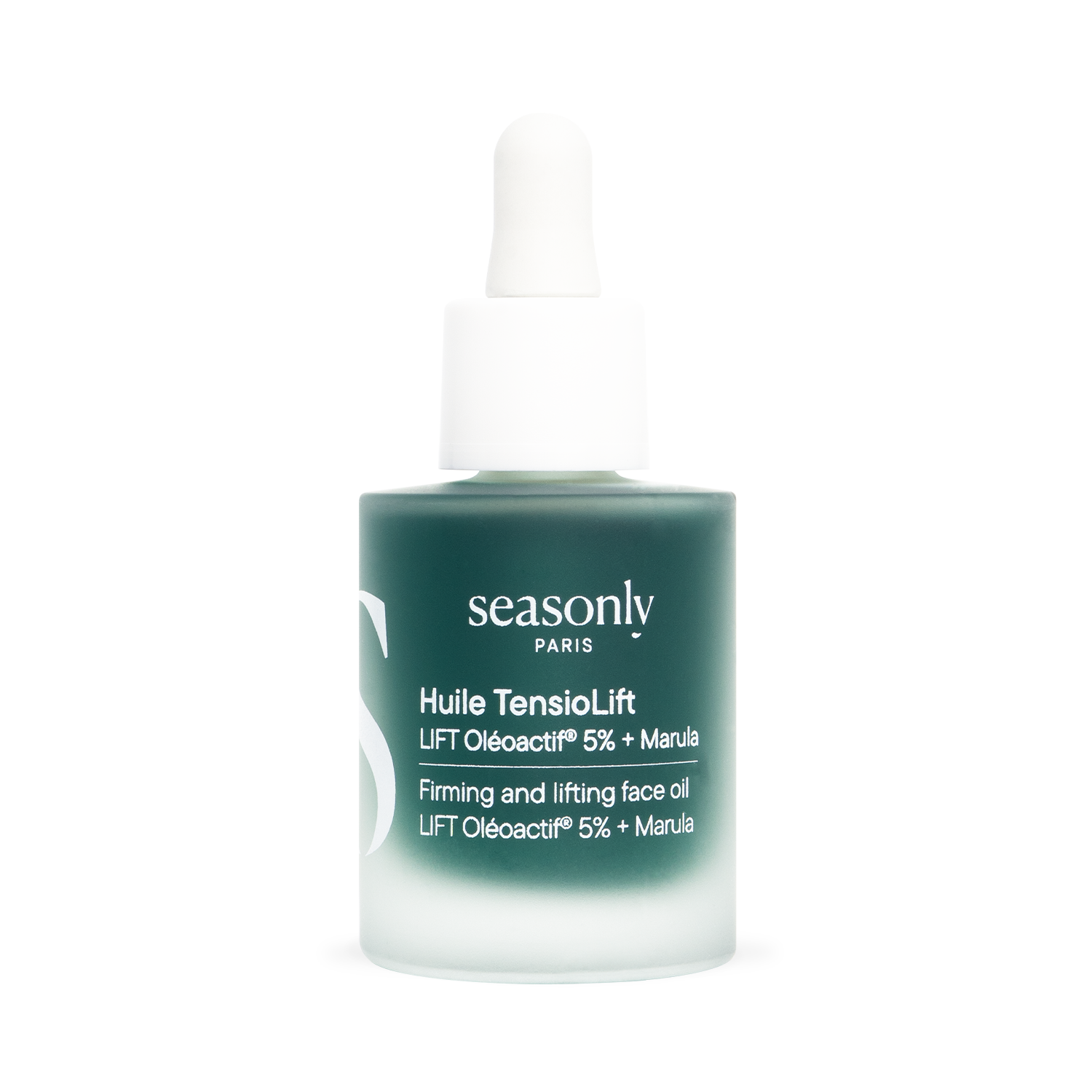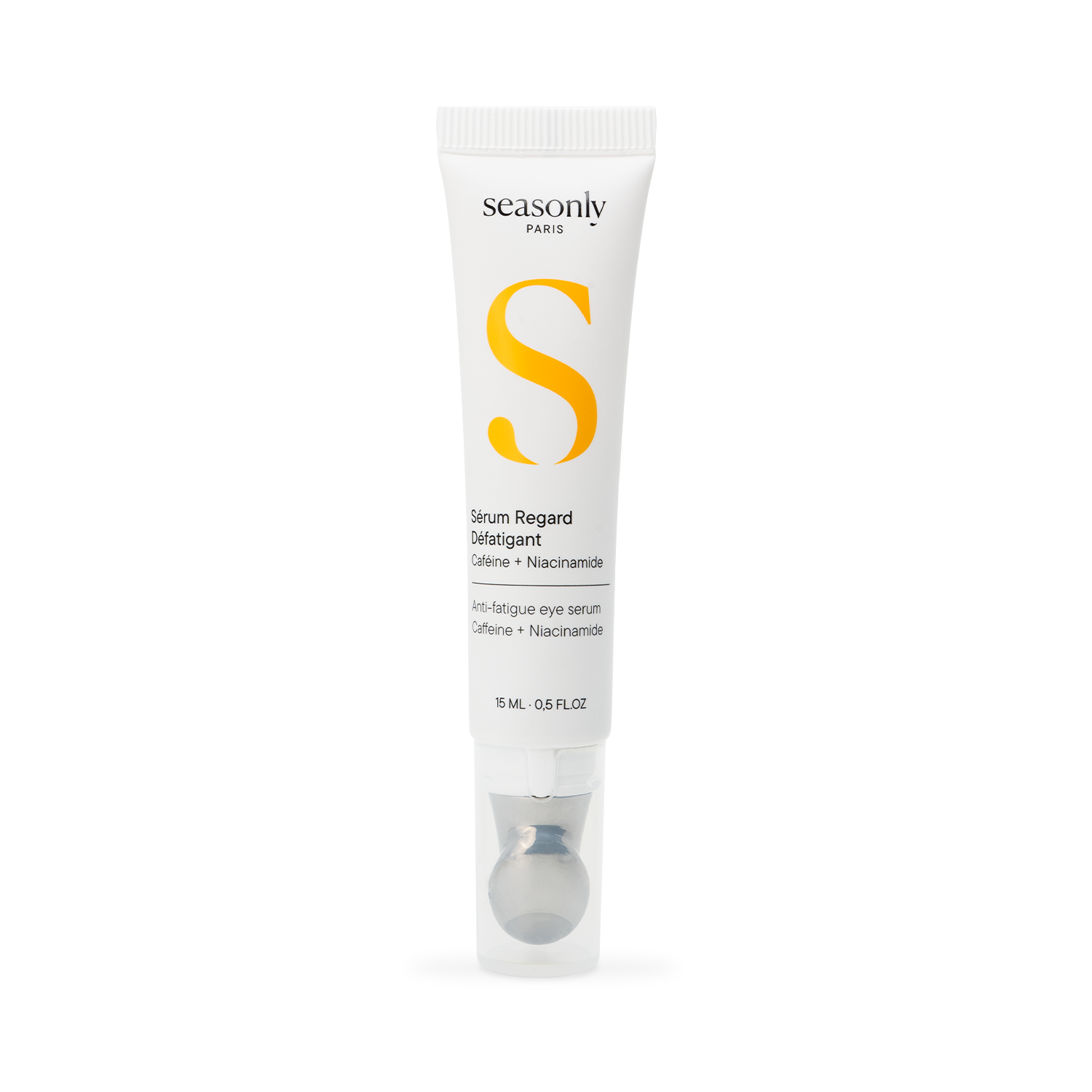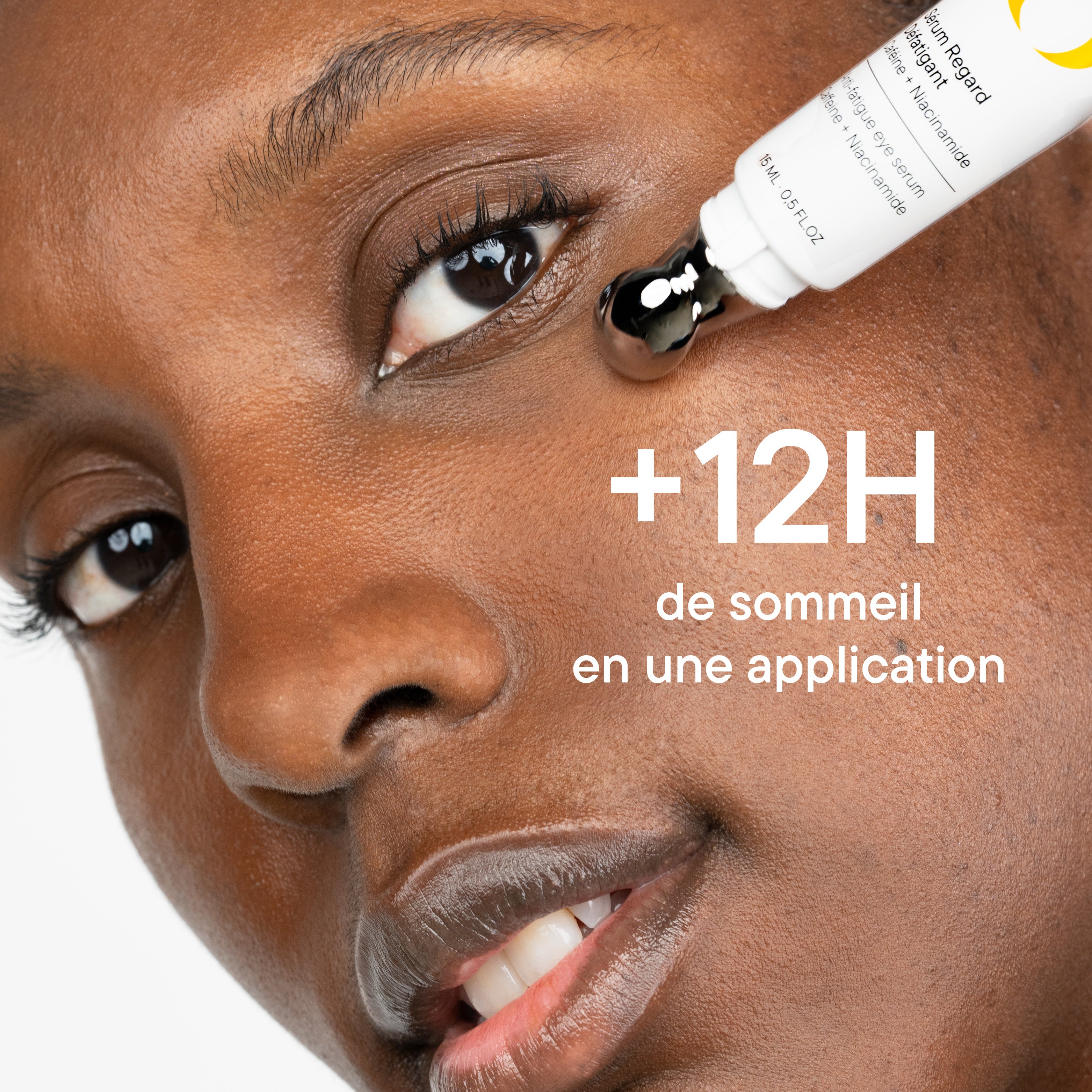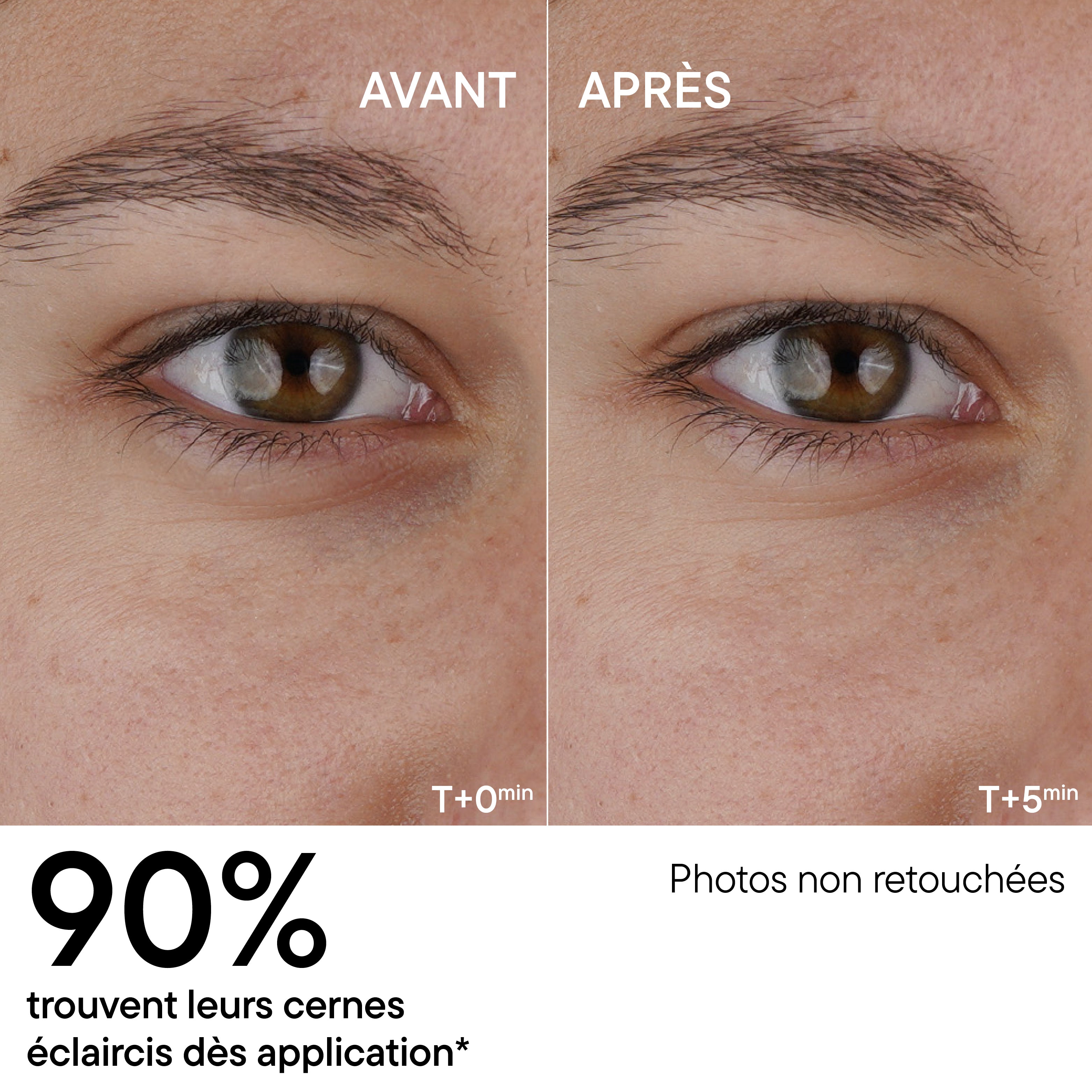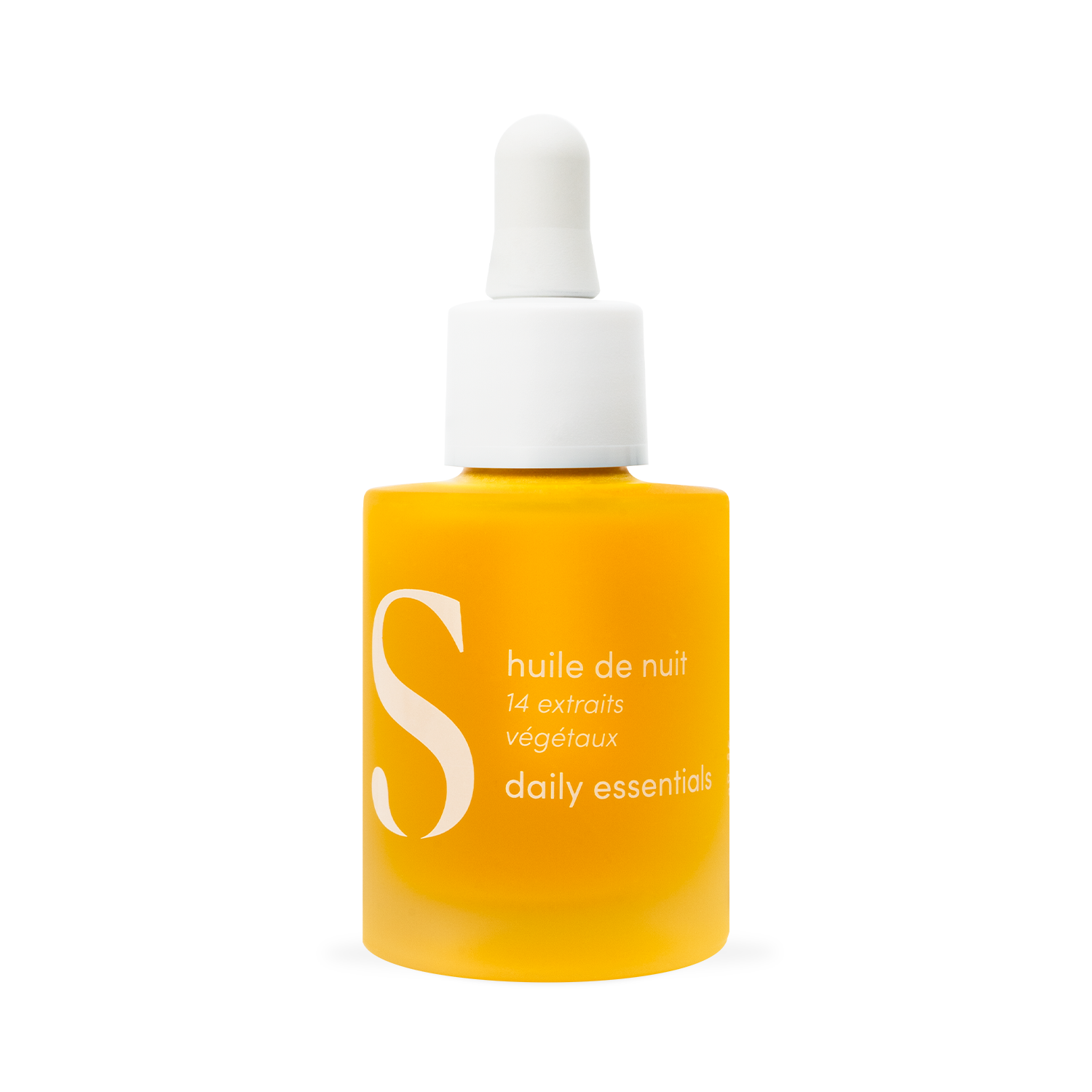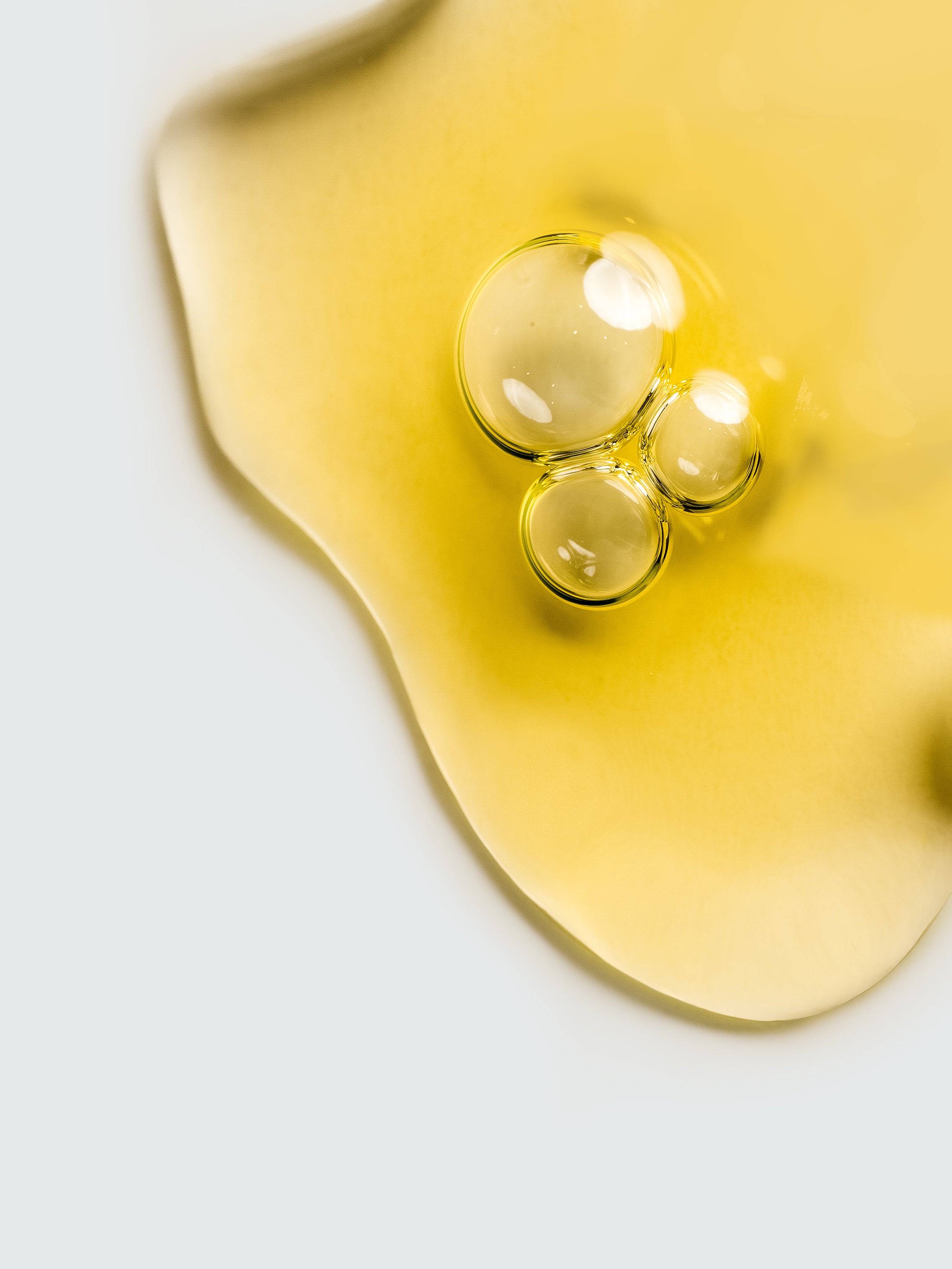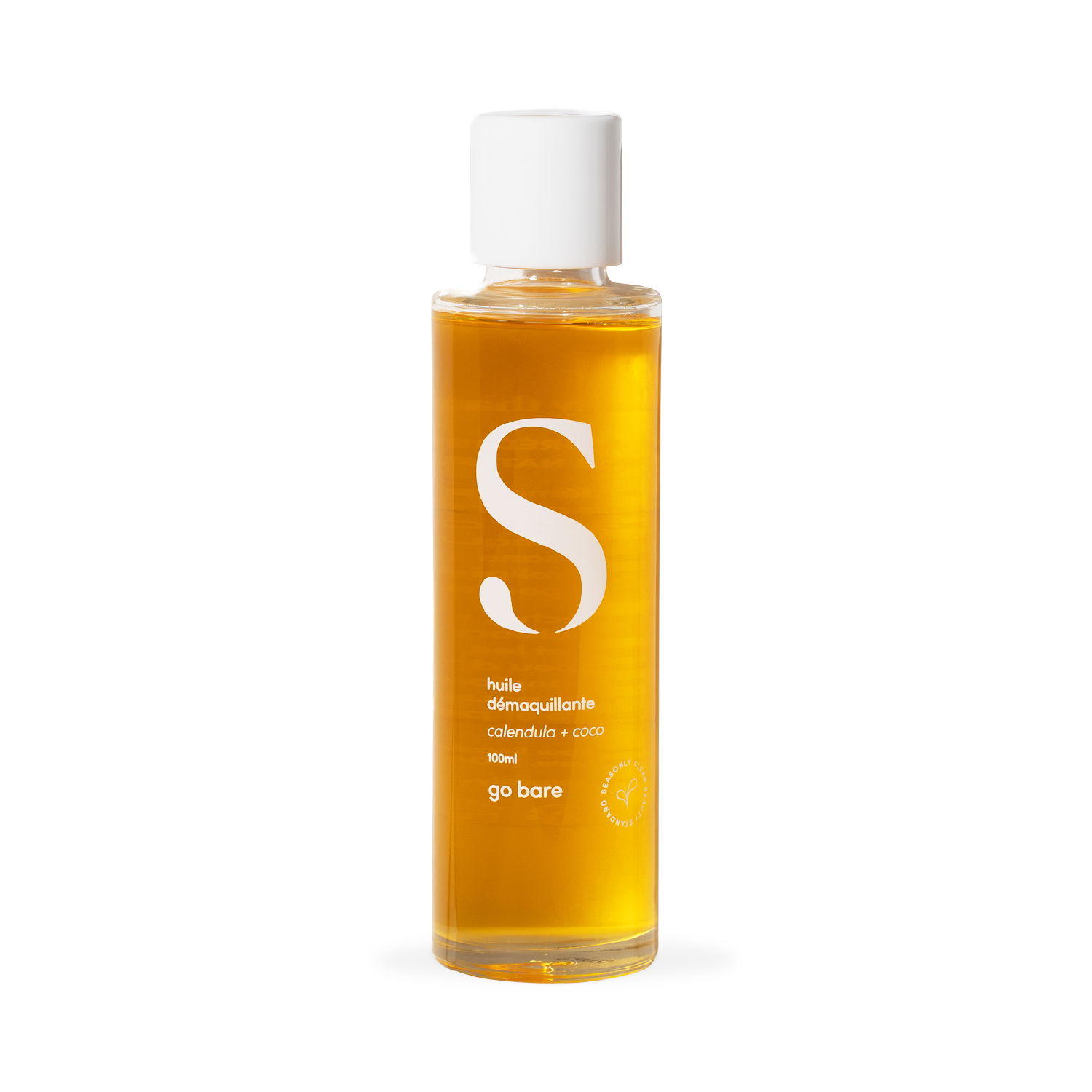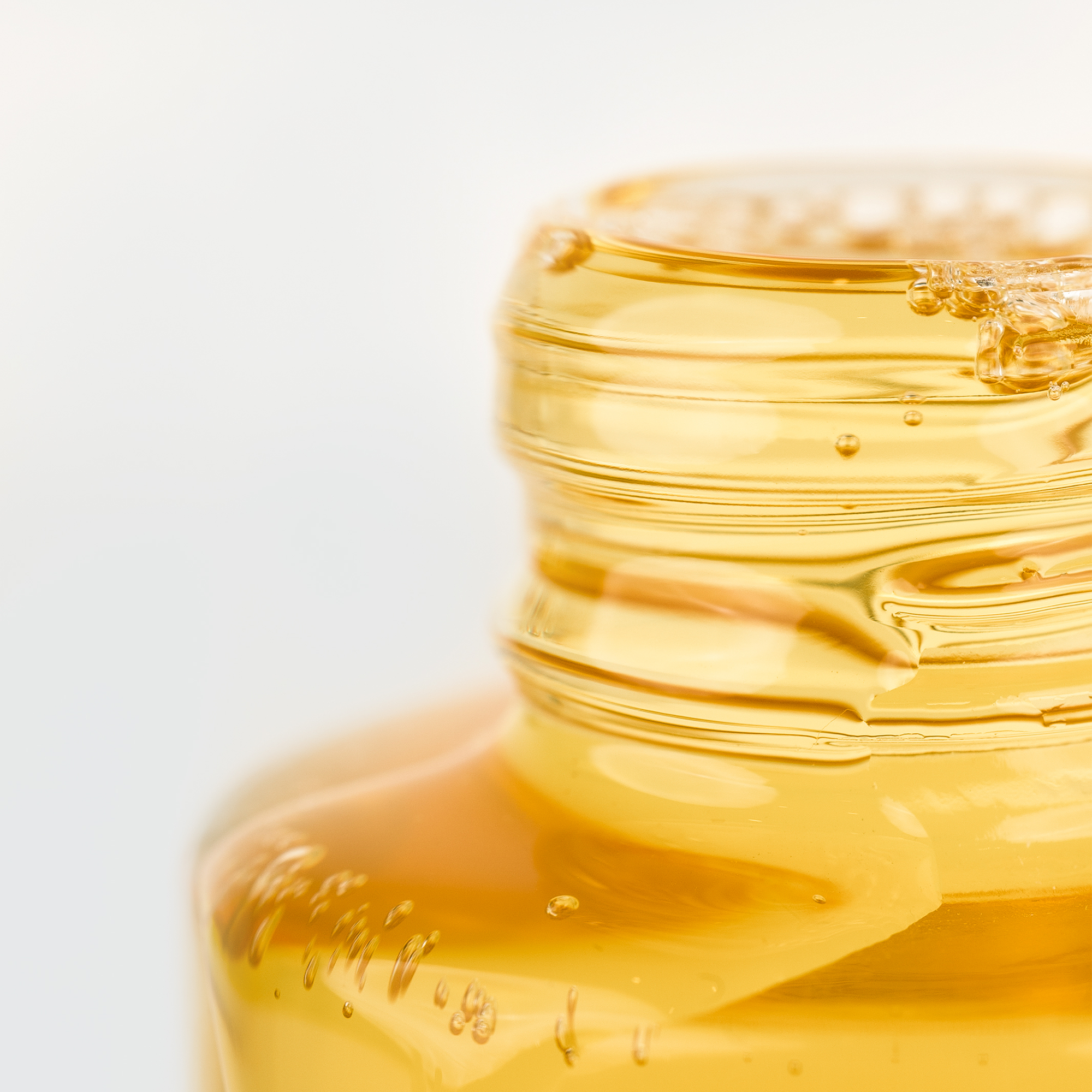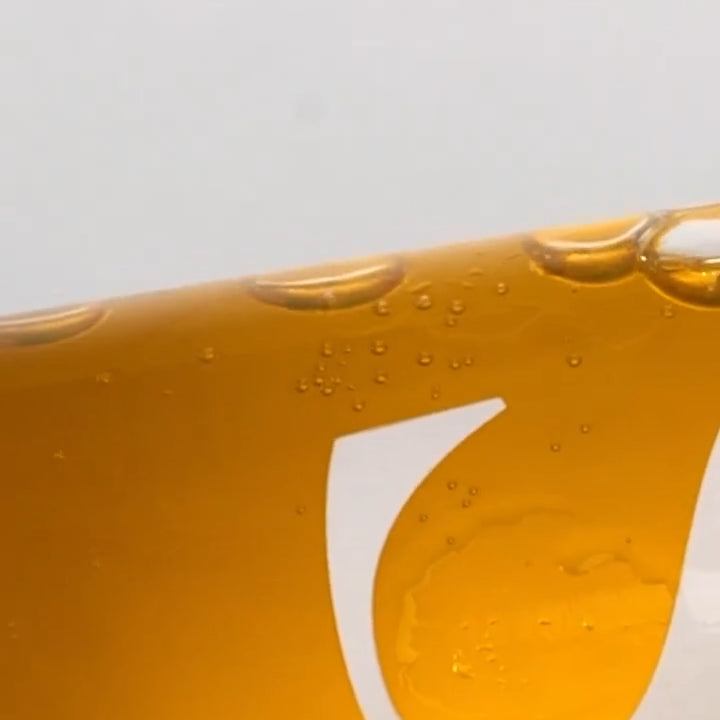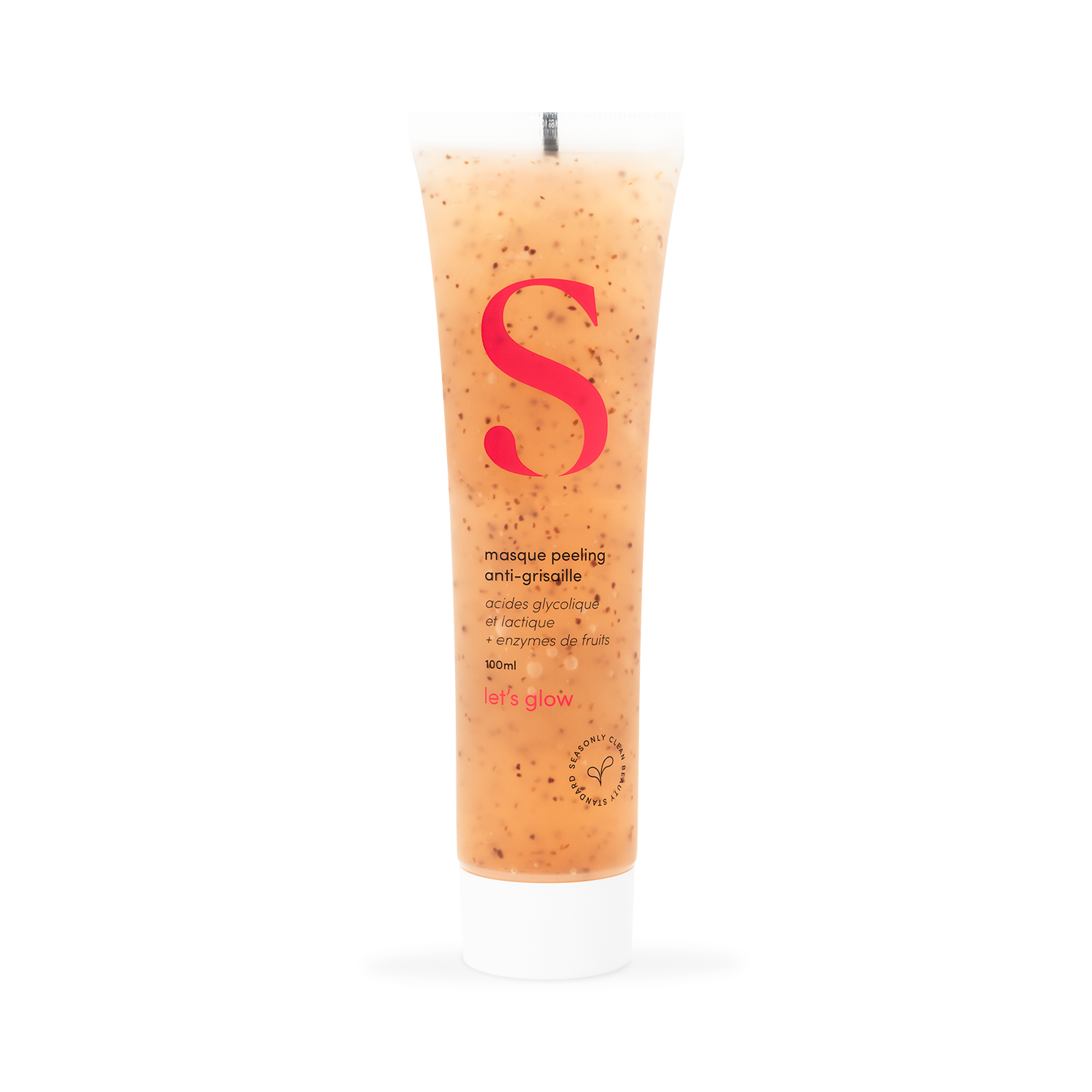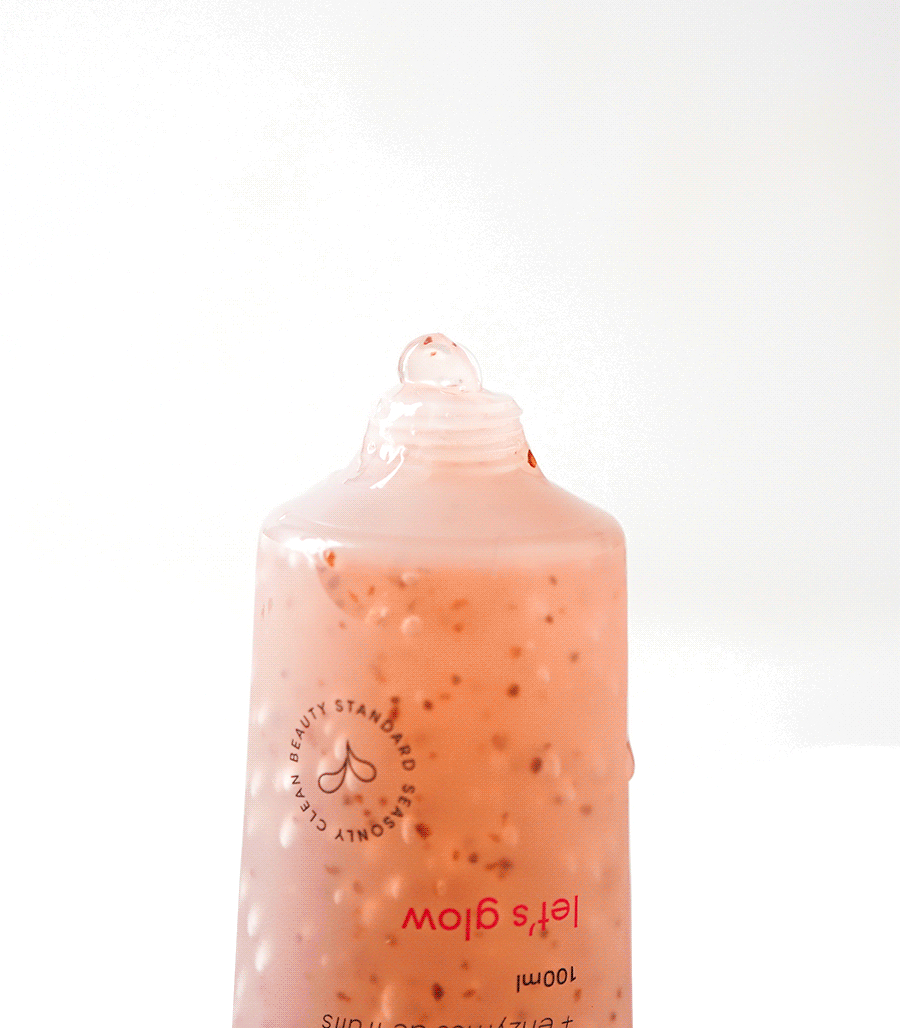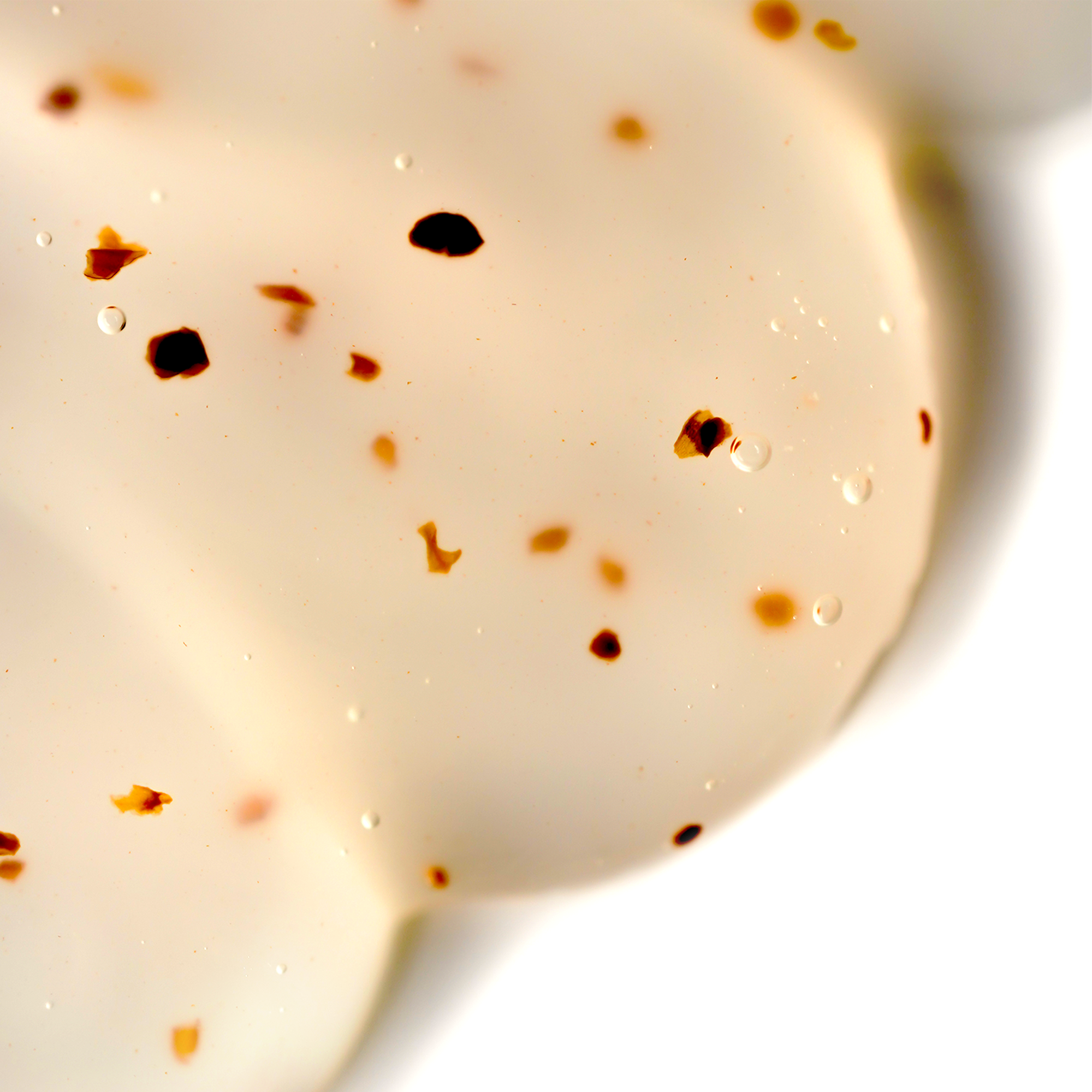How to manage an acne breakout after sun exposure?
Summer vacation is almost over, and back-to-school is just around the corner. If you suffer from blemishes like acne, you've probably noticed that they've either disappeared, giving way to tanned skin, or have multiplied in no time.
Today, we're helping you manage your acne breakout by exploring the true impact of the sun on acne-prone skin: Can the sun really help fight acne breakouts, or is it a false positive?
Sunlight against acne: a false good idea.
Getting sun exposure during the summer to treat acne may seem like a good idea. That's because UV rays can temporarily reduce inflammation and the presence of P. acnes, the bacteria that causes acne, while drying out the skin. This dehydration decreases oil production and can reduce clogged pores. Additionally, tanning thickens the skin, creating a protective barrier against UV rays. This thicker, more pigmented skin makes red marks and blemishes less visible.
In reality, the situation is more complex...
The drying effect of the sun on acne breakouts is temporary. In the summer, sun exposure may seem to improve the appearance of the skin. However, UVB rays, which are responsible for sunburn, also have a less beneficial effect. They increase inflammatory cytokines, such as IL-8 and IL-β, which can worsen acne.
How? Cytokines such as IL-8 and IL-β play a key role in regulating inflammation. When produced in excess in response to UVB, they can worsen inflammation in hair follicles, contributing to the onset and worsening of pimples.
The rebound effect
But that's not all. After the drying phase due to the sun, the skin reacts by producing an excessive amount of sebum. The sebaceous glands, which had been dried out by the sun, start producing sebum again in large quantities to compensate.
With tanning, the skin becomes thicker, which can clog hair follicles. This clogging leads to a buildup of sebum, which encourages the growth of acne-causing bacteria. When sun exposure ends, the skin, which has returned to its normal thickness, struggles to cope with all this excess sebum production, which can lead to a rebound effect and cause acne breakouts to reappear.
Increased hyperpigmentation from acne scars and the sun
Exposing acne scars to the sun can accentuate post-inflammatory marks. In fact, areas affected by acne, having an altered surface, produce more melanin to protect themselves from UV rays. This overproduction of melanin can make brown spots even more visible.
That's why it's essential to choose the right sunscreen when you have acne. Opt for a non-comedogenic, broad-spectrum sunscreen that doesn't contain oily or silicone-based formulas, which can clog pores.
So how do you prepare your skin for back to school?
If it's too late to prevent the rebound effect and you already have acne breakouts, here are our top tips for better managing the situation:
- Reassess your skincare routine: Opt for a simple routine that helps repair your skin barrier and limit new blemishes. Adapt it according to your skin type and condition. Here's what we recommend:
The morning :
- Gentle cleanser: To remove sebum and impurities.
- Hydrating mist: To prepare your skin.
- Moisturizing serum : Choose a serum with active ingredients such as hyaluronic acid, centella or niacinamide to regulate and hydrate your skin.
- Moisturizer: To retain moisture and maintain the water content of your skin.
- SPF: Essential to protect your skin from UV rays.
The evening :
- Double cleanse : If you have oily skin or wear makeup, start with a cleansing oil that turns into a milk to dissolve impurities, sebum and dead cells, then use a cleansing gel (this may contain a small percentage of anti-inflammatory active ingredients to treat your skin).
- Hydrating mist or toner: To prepare the skin to receive the following treatments.
- Exfoliating serum: Use a serum containing AHAs (like salicylic acid), BHAs, or azelaic acid for sensitive skin.
- Moisturizing cream: To hydrate and repair your skin.
- Blemish treatment: Apply a targeted treatment like our SOS Spot, which has an anti-bacterial action and directly treats imperfections.
- Exfoliate your skin once or twice a week: This helps limit the appearance of new blemishes and eliminate dead cells more quickly.
- Don't incorporate new products: During an acne breakout, your skin is already in an inflammatory response. Adding new products could further disrupt the skin and make symptoms worse.
- Maintain a balanced diet: Consume foods rich in antioxidants and essential nutrients to support the health of your skin. Avoid fatty or sugary foods that can aggravate skin problems.
- Continue sun protection: Apply a non-comedogenic sunscreen every day, even when it’s cloudy. This helps prevent hyperpigmentation and protect your skin from UV damage.






